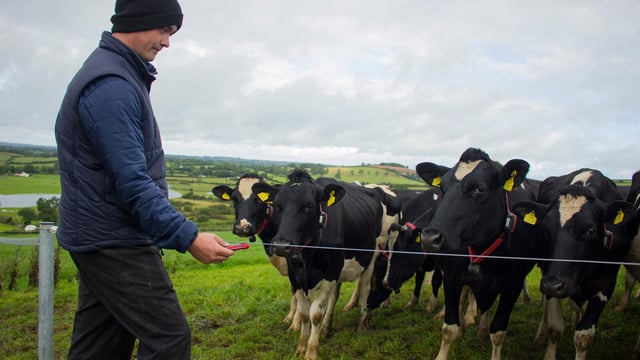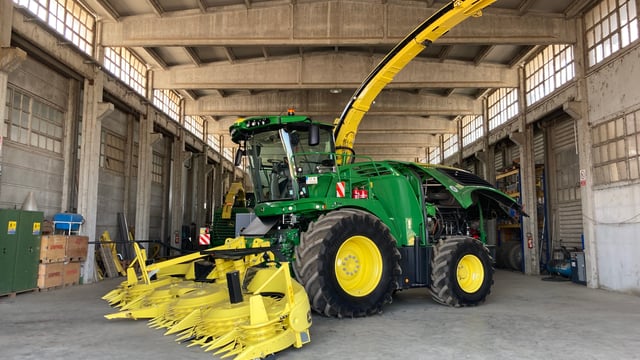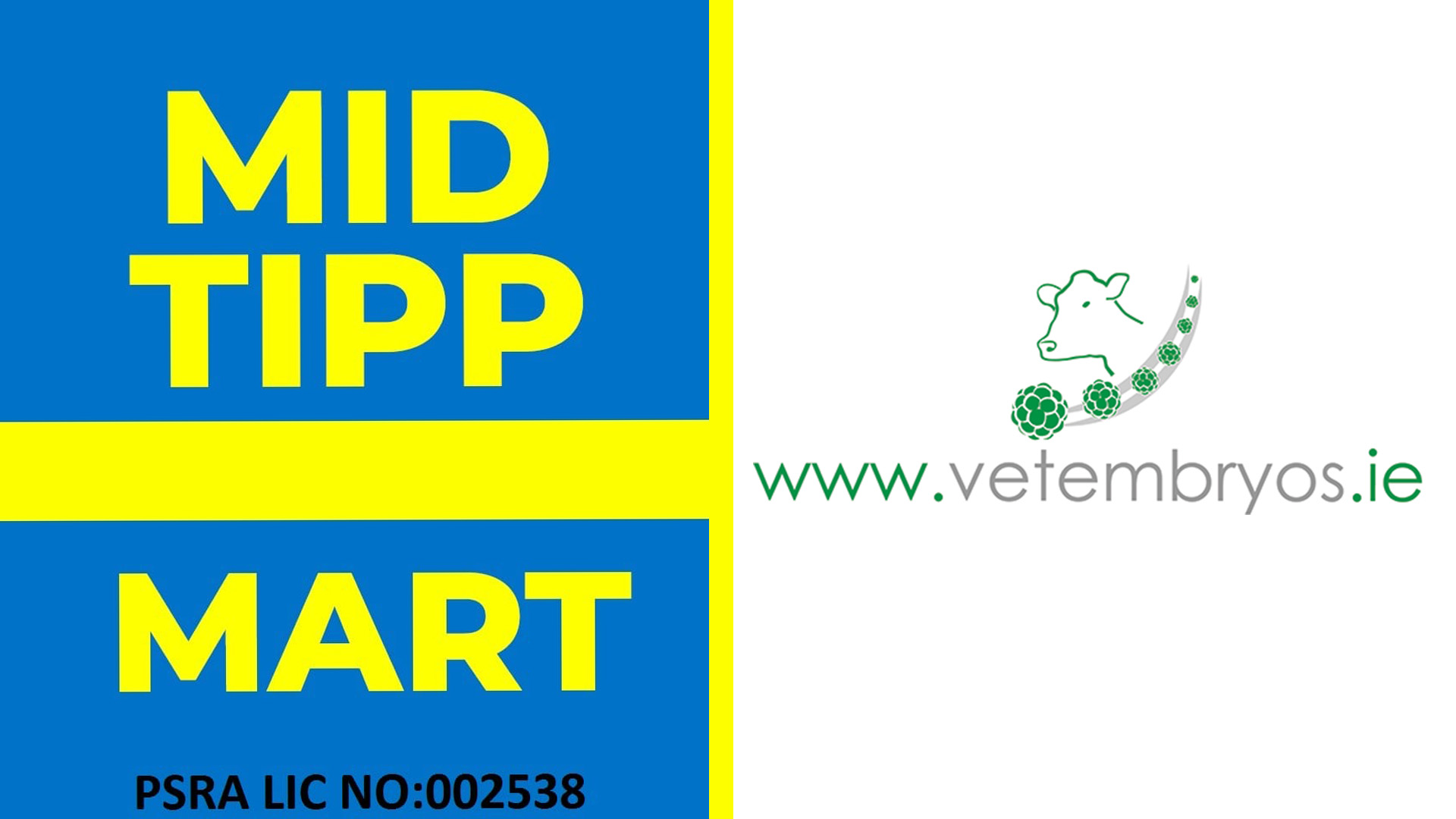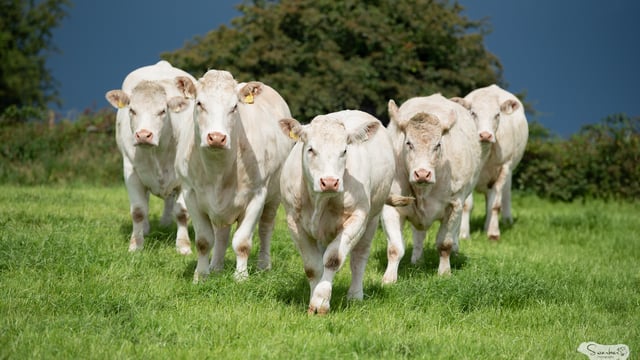Dairy is 'peaking' the interest of new entrants...but what are banks saying?
On paper, dairy farming is certainly an attractive opportunity to pursue for any potential new entrant, but our peak milk supply issues appear to be making it more challenging for the next generation to take the reins, or to branch out on their own.
In 2020, according to the National Farm Survey, the average dairy-farm income was €74,236, a 13% increase (year on year); and 80% of dairy farms were found to be viable - up from 74% in 2019.
But the reality is that, in the current climate, this opportunity is likely to be restricted due to a variety of factors:
Anecdotally, it seems, the ease at which new entrants are accessing finance to break into dairying is becoming more challenging, with industry sources stating that some financial institutions are exerting greater caution than before when dealing with new entrants.
Such caution, sources say, is understood to be manifesting in a requirement for a new entrant to prove - before anything else - that a co-op is confirmed, in writing, to accept them as a milk supplier.
Such caution, sources also say, is a result of our peak milk supply issues which have seen some co-ops and processors review or restrict capacity, as well as consider taking on new entrants or not.
After all, if a farmer can't find a co-op to accept the milk they plan to produce, then all other bets are off, really.
With all this in mind, Agriland approached the country's two largest banks, Allied Irish Bank (AIB) and Bank of Ireland (BoI) and asked them about how Ireland's peak milk supply problem is impacting decisions they are making regarding new entrants to dairy farming.
For AIB, peak milk supply and processing capacity are things that it will be keeping under review, but stated that it does not expect to see the same level of growth in milk output as there has been in recent years.
"If a new entrant is seeking finance to get into dairying, repayment capacity will be dependent on them being able to supply milk to a processor.
But, asked if the banks are worried about peak milk supply restrictions becoming more widespread, BoI expressed confidence in the future of Ireland's dairy sector and said it "understands" and is "comfortable" with processors' plans around capacity and peak-supply management over the coming years.
To this, AIB responded:
"This level of growth in milk output is unlikely to continue into the future. If a number of processors do introduce peak milk-management restrictions, it is something that we will have to factor into our plans when lending to customers who supply milk to those processors, in the future."
Asked if Ireland's peak milk supply problems are impeding new entrants' ability to receive financial support that will enable them to break into dairy farming, BoI said:
"No. The ability for new entrants to break into the dairy industry may be more limited by decisions taken by individual co-ops."
According to AIB, while it is keen to support new entrants to dairy, repayment capacity is key.
"For any new entrant seeking finance, repayment capacity will be dependent on them being able to supply milk to a processor. As such, in this regard, a milk supply agreement from a processor is key."
Agriland asked both banks if they are currently requesting a milk supply agreement, in writing, in advance of any dealings with a new entrant.
BoI said:
AIB responded:
"This information would include a milk supply agreement. When assessing any application for finance for a new entrant, in AIB we have always requested sight of a milk supply agreement and this process has not changed."
Neither bank revealed the numbers of new entrants to dairy they dealt with in the years 2019, 2020 and, so far in 2021.
BoI stated: "While we don’t report externally on this, we can confirm that we have supported a consistent level of new entrants to dairy each year since the lifting of milk quotas.
Regarding a breakdown of new entrants into succession cases, brand new entrants, and those transitioning from one farming enterprise to another, AIB stated:
"It is fair to say that what we see, in most instances, is the transferal of the farm from one generation to another, across all farming sectors and dairying is no different in this regard.
"We have supported a lot of dairy new entrants who are transitioning from other enterprises, for one reason or another, but we come across very few cases where applicants have no previous farming history."
On the question of the process involved in a new entrant securing financial support, AIB outlined its requirements:
"The business advisor would advise the customer of the information that would be required, in their case, to progress an application for finance including – a business plan, three years' financial accounts, bank statements (if primary relationship was not with AIB), direct payments statement and a copy of their milk supply agreement."
To the same question, BoI said a member of its agri-team will outline the process with customer, and a set of financial accounts - historical or projections - will be required.





